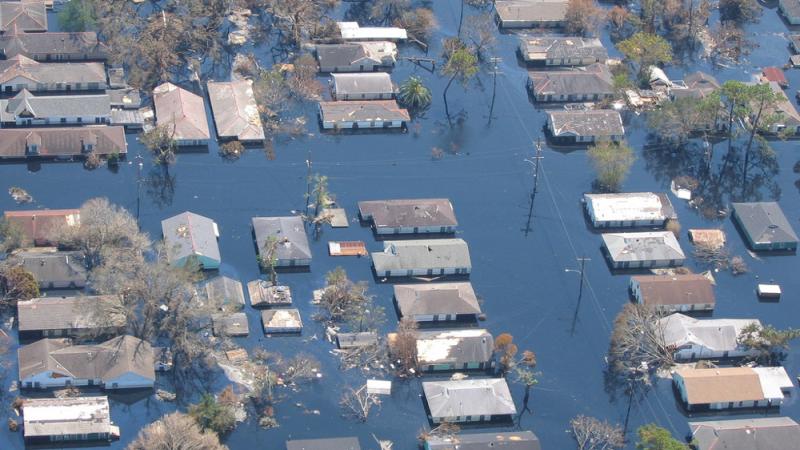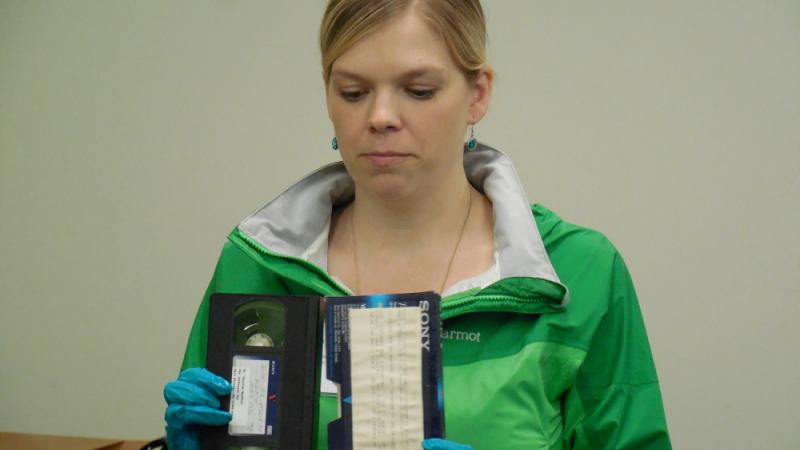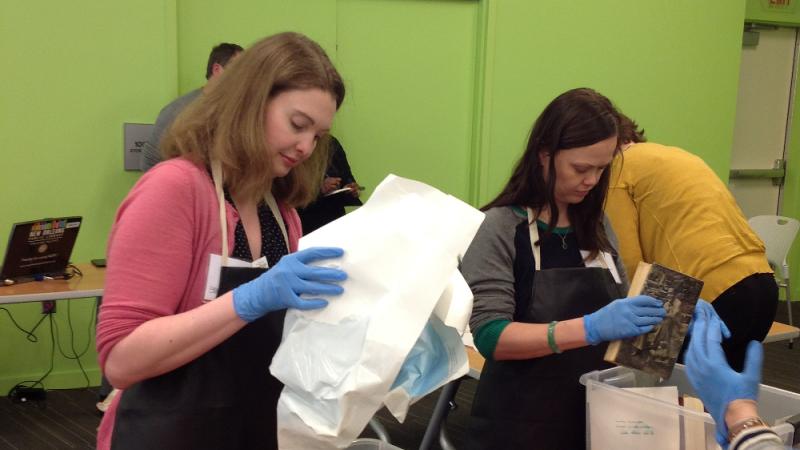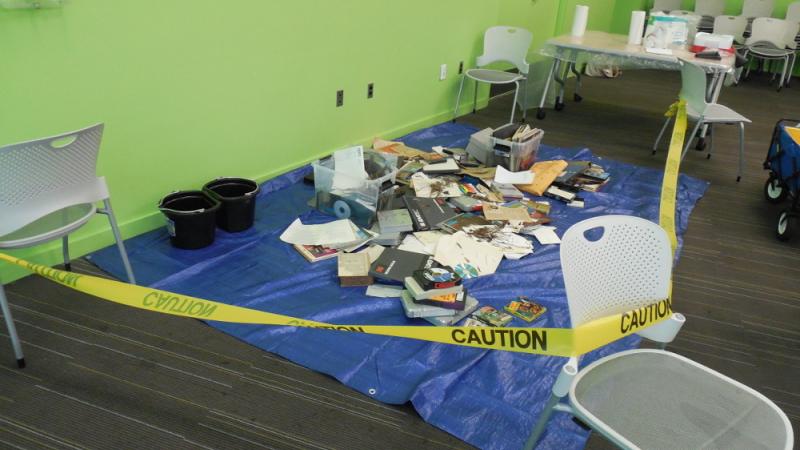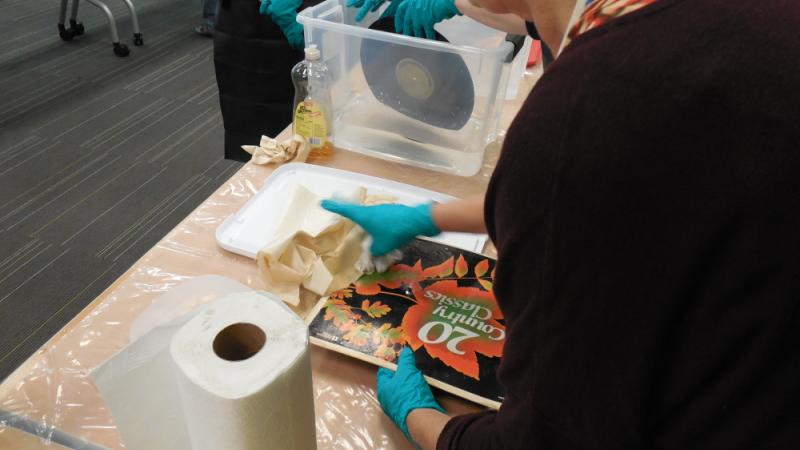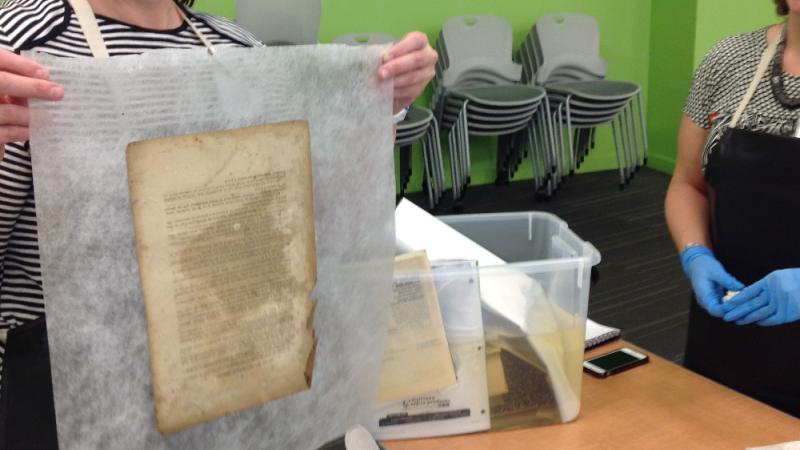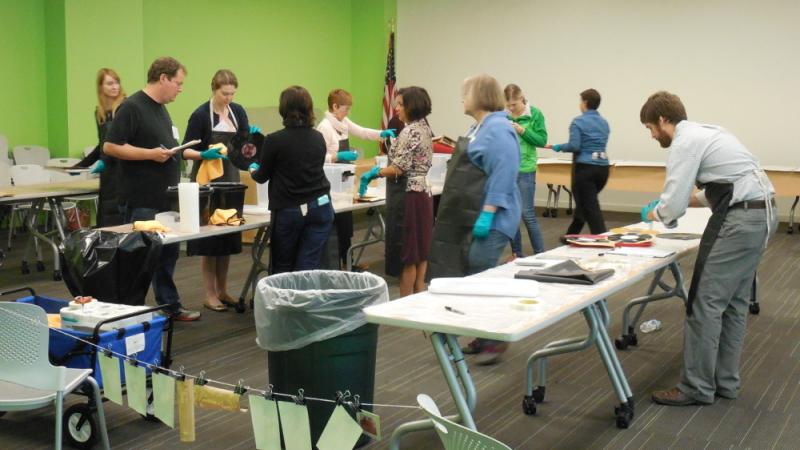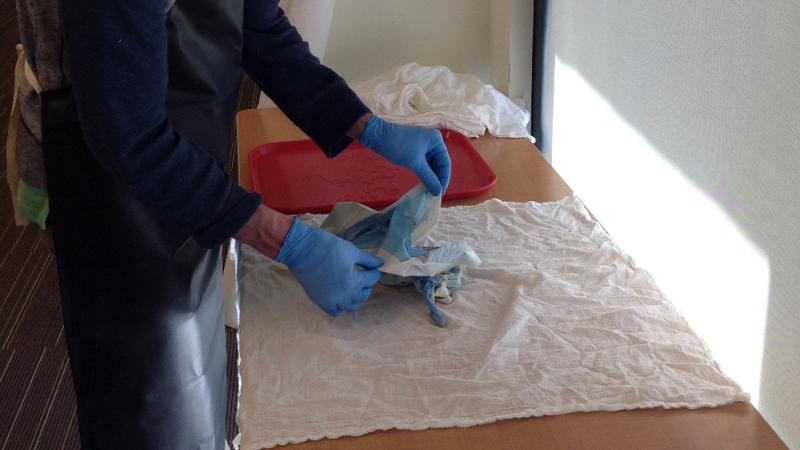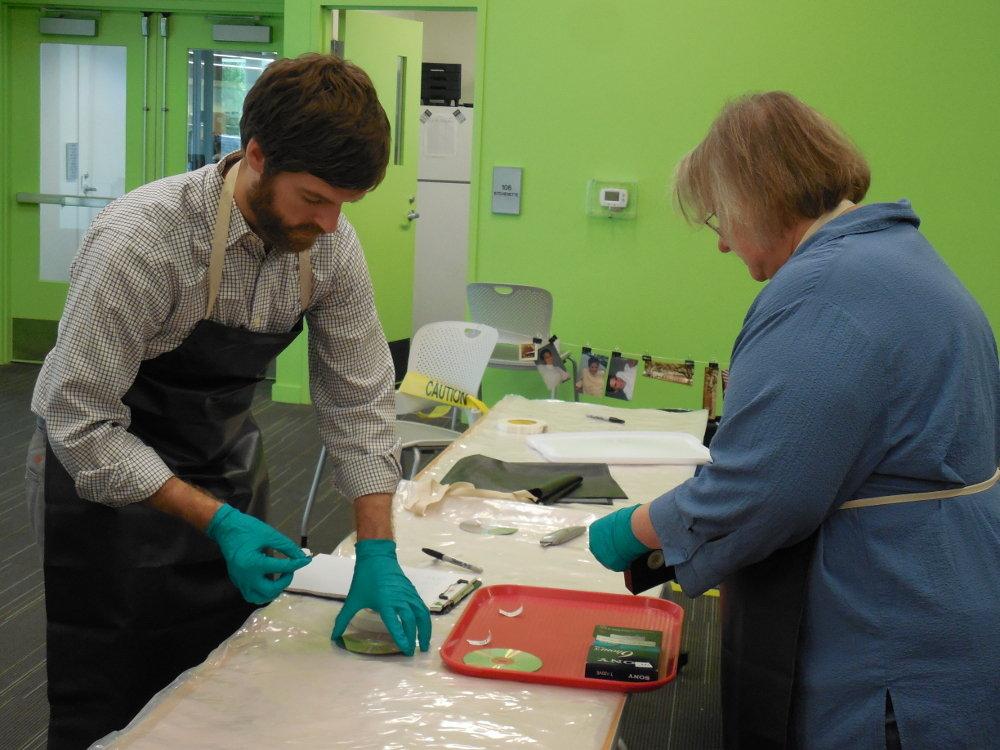50 States of Preservation: Tulane University and the New Orleans Alliance for Response in New Orleans, Louisiana
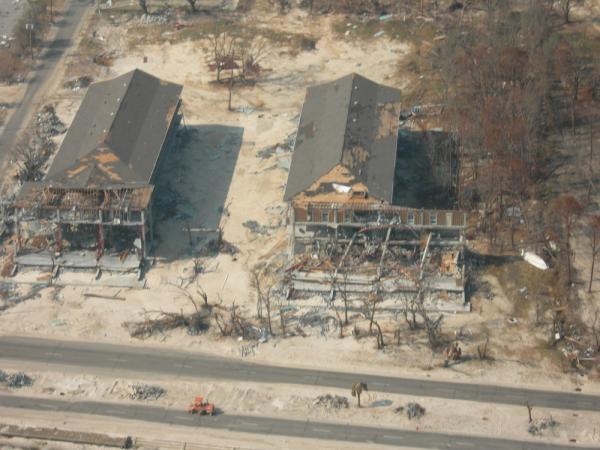
Buildings in New Orleans, LA, were demolished by Hurricane Katrina’s 20-foot storm surge that overwhelmed the city’s levees.
Image from U.S. Department of Agriculture’s photostream. USDA Photo Terri Teuber. View original image here: https://www.flickr.com/photos/41284017@N08/7414207320/

Buildings in New Orleans, LA, were demolished by Hurricane Katrina’s 20-foot storm surge that overwhelmed the city’s levees.
Image from U.S. Department of Agriculture’s photostream. USDA Photo Terri Teuber. View original image here: https://www.flickr.com/photos/41284017@N08/7414207320/
This feature is part of a series we call “50 States of Preservation,” in which we are touring small and mid-sized museums, libraries, historical societies, and other repositories across the country to show how they are helping to preserve the nation’s cultural heritage. Read other entries in the series here.
Imagine floodwaters drenching irreplaceable photographs and books and covering them with silt, high winds bringing the roof of a museum crashing down over centuries of historic objects, or days without electricity subjecting unduplicated music and film recordings to mold and summer heat. Hurricane Katrina devastated the Gulf Coast in 2005, shattering lives and destroying entire neighborhoods. It also threatened historical and cultural materials of incredible richness in libraries, museums, archives, and historical societies throughout the region. While many unique treasures were lost then, all cultural and historical materials are vulnerable if institutions do not train and plan aggressively for disasters. With support from the NEH’s Division of Preservation and Access in 2015, New Orleans cultural institutions are doing just that. Led by the library at Tulane University, they’ve created the New Orleans Alliance for Response (NOAR) and held disaster preparation workshops open to all.
Both the workshops and the relationships forged through the Alliance will have ripple effects, enabling more people to act in the event of an emergency. “The workshops trained people to be first responders after an emergency or disaster,” according to Donna Capelle Cook, Director of the Technical Services Division at Tulane University’s library. “This training will then enable them to train others and supervise a recovery.” The Alliance, she stressed, is valuable because it brings together people who do not usually work together and lays out plans for quick response. Moreover, this is just the start: while founding members of NOAR include Tulane University, the Amistad Research Center, the Archdiocese of New Orleans, the Historic New Orleans Collection, Loyola University New Orleans, the National WWII Museum, the New Orleans Jazz and Heritage Foundation, the New Orleans Public Library, and the New Orleans Video Access Center, more cultural heritage institutions interested in participating in disaster planning efforts are likely to join.
The workshops held so far have touched on items at major risk during a disaster: paper and multimedia collections. Preservation experts Rebecca Elder, Kara Van Malssen, and Tom Clareson trained staff, through lectures, simulated salvages, and helped establish a mutual aid agreement among the partners. Without proper training and effective response, the potential for loss of invaluable cultural heritage of New Orleans is staggering. Some examples of the city’s cultural treasures: the Carnival Collection, including original float and costume designs from 1873 to the present; extensive oral histories of New Orleans musicians; the archives of the Archdiocese of New Orleans, including sacramental registries; and documentation of the American experience in World War II. Other vulnerable materials include the official records of New Orleans municipal government, including housing and court records dating back to 1789; Louisiana paintings and decorative arts from colonial times to the present; and historical materials on the African Diaspora and New Orleans’ ethnic and racial history. These collections are widely used by scholars, the public, and students, and all are at risk.
In fact, the work funded by NEH is already helping to save major flood occurred in southern Louisiana. According to NOAR, “Staff who attended the disaster workshops used their newly acquired knowledge to help in the recovery efforts.” You can view a video showing how archivists saved flooded photographs here.
In every state, NEH supports organizations that preserve humanities collections. Preservation Assistance Grants for Smaller Institutions (PAGs) fund projects that help safeguard photographs, letters, documents, prints, moving images, sound recordings, maps, drawings, artworks, textiles, furniture, and artifacts, making them available for future generations. These collections help researchers, educators, and members of the public better understand the complex stories of the various cities, towns, and tribal groups that make up our nation. Since 2000, NEH has made nearly 2,000 Preservation Assistance Grants to small and mid-sized organizations to preserve and care for their humanities collections. In all 50 states, the District of Columbia, and Puerto Rico and the Virgin Islands, PAG awards have funded preservation assessments, purchase of shelving, environmental monitoring equipment, and preservation supplies, and training for staff. Organizations in all states and U.S. territories are eligible to apply, and the program encourages applications from those new to NEH. The next application deadline Preservation Assistance Grants for Smaller Institutions is May 2, 2017. If you have any questions about this grant program, please contact us at @email or 202-606-8570.
